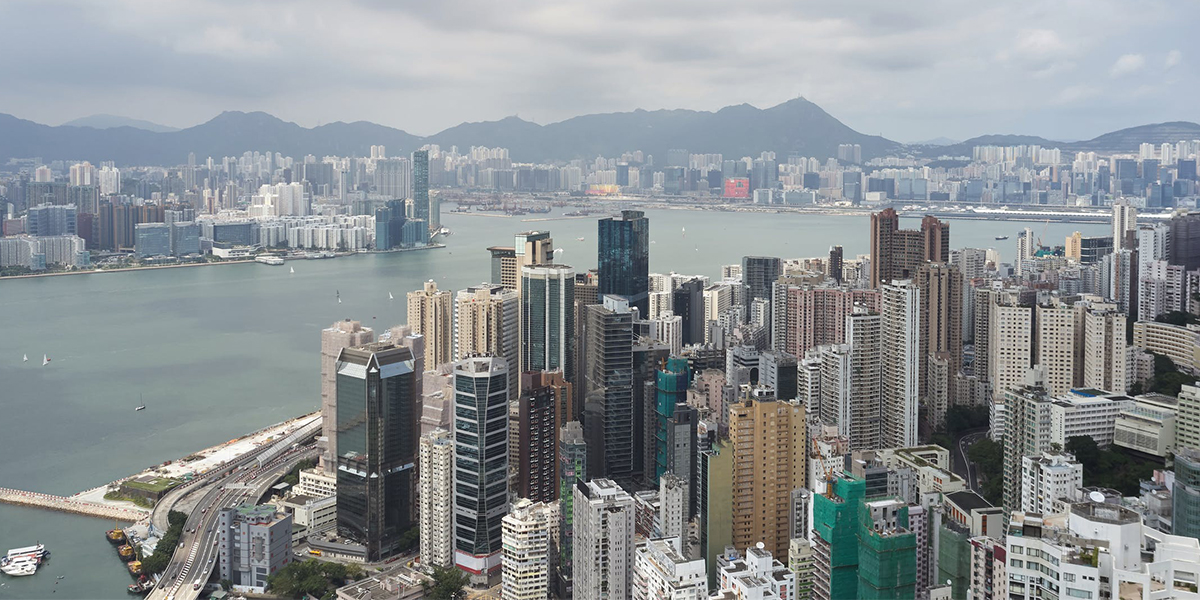
The world is becoming increasingly urbanized. Since 2007, more than half the world’s population has been living in cities, and that share is projected to rise to 60 per cent by 2030.
Cities and metropolitan areas are powerhouses of economic growth—contributing about 60 per cent of global GDP. However, they also account for about 70 per cent of global carbon emissions and over 60 per cent of resource use.
Rapid urbanization is resulting in a growing number of slum dwellers, inadequate and overburdened infrastructure and services (such as waste collection and water and sanitation systems, roads and transport), worsening air pollution and unplanned urban sprawl.
The impact of COVID-19 will be most devastating in poor and densely populated urban areas, especially for the one billion people living in informal settlements and slums worldwide, where overcrowding also makes it difficult to follow recommended measures such as social distancing and self-isolation.
The UN food agency, FAO, warned that hunger and fatalities could rise significantly in urban areas, without measures to ensure that poor and vulnerable residents have access to food.
Substantial progress has been made in reducing the proportion of the global urban population living in slums, though more than 1 billion people continue to live in such situations. Urgent action is needed to reverse the current situation, which sees the vast majority of urban residents breathing poor-quality air and having limited access to transport and open public spaces. With the areas occupied by cities growing faster than their populations, there are profound repercussions for sustainability.
- Between 1990 and 2016, the proportion of the global urban population living in slums fell from 46 to 23 per cent. This progress was largely offset by internal population growth and rural-urban migration. In 2016, just over 1 billion people lived in slums or informal settlements, with over half (589 million) living in East, South-East, Central and South Asia.
- The proportion of urban residents who have convenient access to public transport (defined as living within 500 m walking distance of a bus stop and within 1,000 m of a railway and/or ferry terminal) remains low, particularly in developing countries. Based on data from 227 cities from 78 countries in 2018, on average, 53 per cent of urban residents in all regions had convenient access to public transport, from a low of 18 per cent in sub-Saharan Africa to a high of 75 per cent in Australia and New Zealand. In some regions that have low access to public transport, informal transport modes are highly prevalent and in many cases provide reliable transport for the majority of urban populations.
- Globally, urban areas are expanding at a faster rate than their populations. Between 2000 and 2014, areas occupied by cities grew 1.28 times faster than their populations. Closely related to this trend is that the urban densities of cities have been declining, creating profound repercussions for environmental sustainability at the local, regional and global scale. Better management of urban growth will be crucial in order to guarantee sustainable urbanization.
- Globally, 2 billion people do not have access to waste collection services and 3 billion people lack access to controlled waste disposal facilities. With increasing urban populations and the existence of consumer-oriented economies amid rising income levels and rapid urbanization, it is estimated that the total waste generated in the world will double from nearly 2 billion tons in 2016 to about 4 billion tons by 2050. While from 2010 to 2018 the proportion of solid waste collected was about 81 per cent globally, in sub-Saharan Africa it was only 52 per cent.
- In 2016, 9 in 10 people living in urban areas still breathed air that did not meet the World Health Organization’s air quality guidelines value for particulate matter – that particulate matter 2.5 microns or less in size (PM2.5) not exceed an annual mean of 10 micrograms per m3 or a daily mean of 25 micrograms per m3 – and more than half of the world population experienced an increase in PM2.5 from 2010 to 2016.
- Most cities have struggled to ensure that their populations have convenient access to open public spaces (defined as spaces within 400 m walking distance of their residence). Based on data from 220 cities in 77 countries in 2018, only 21 per cent of the population had convenient access to open public spaces. However, these results do not necessarily mean that there is an inadequate share of land dedicated to open public spaces in these cities, but rather that their distribution across urban areas is uneven.
- National urban policies are policy strategies that specifically respond to the urbanization challenges of today. As of the beginning of 2019, 150 countries had developed such policies, and almost half are already implementing them.
